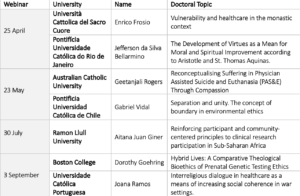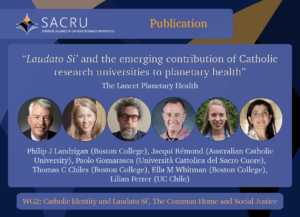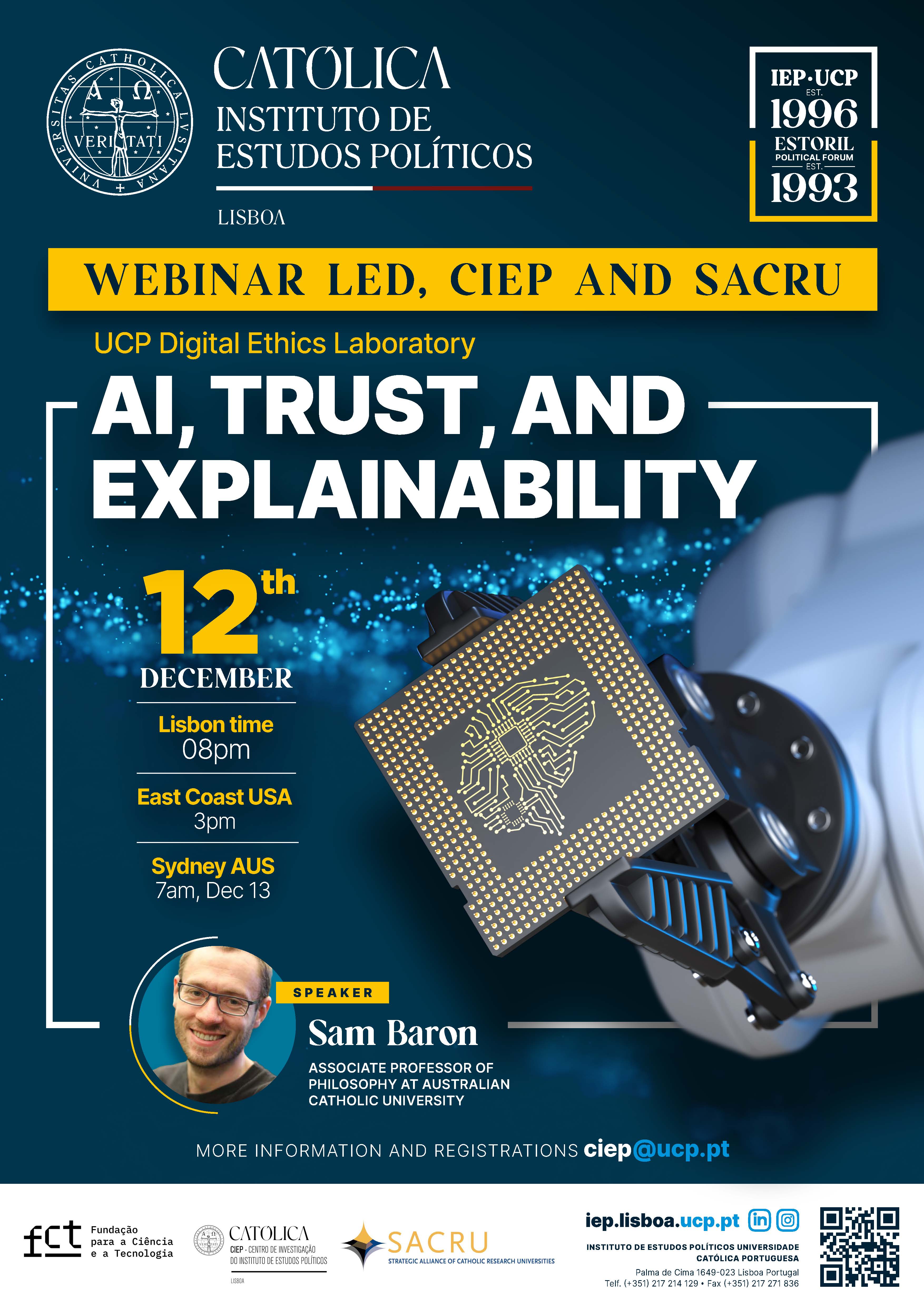International Doctoral Student Collaboration
on Vulnerability and Healthcare
One Ph.D. student from each SACRU University will participate in a series of online webinars on the theme “Vulnerability and Healthcare”. The final webinar, to be held on November 14, 2024, will aim to showcase the doctoral students’ work to a broader SACRU and external audience
The Working Group “Vulnerability and Healthcare” addresses vulnerabilities in healthcare at all levels, determining ways in which new conceptions of vulnerability—as a unifying and empowering notion that points to the fundamental capacity of all human beings to be responsive to the relational reality of the other and to the common good—can help to rethink some of the ethical and practical problems that emerge in contemporary healthcare, not only in times of pandemics, but also now as we move forward in the shadow of one.
To facilitate the research into the broad question of Vulnerability and Healthcare, the Working Group is establishing an international doctoral webinar collaboration in which one Ph.D. student from each SACRU University has been selected to participate. During these webinars, doctoral students will be able to present their own work to fellow doctoral students and academics at partner universities. This will provide an opportunity for a unique interdisciplinary exchange of ideas shaped by the multiple contexts in which the Catholic Universities that make up SACRU operate: Australia, Brazil, Chile, Italy, Japan, Portugal, Spain, and the USA. The aim is to enrich the doctoral work of the individual students, to provide opportunities for collaboration, and to foster research networks on the theme of vulnerability and healthcare.
For each webinar, two papers will be circulated in advance by two doctoral students. These will be read by all participants before the webinar. A respondent, from among the doctoral students, will begin the webinar with a 15–20-minute presentation that responds to both of the pre-circulated papers. The aim of this ‘response’ is draw out interesting themes, comparisons, questions, or issues raised by the two papers in relation to the overarching theme of the webinars, namely, vulnerability in healthcare. What do these papers mean for our topic of vulnerability and healthcare? The paper contributors will then be given about five minutes each to respond to the respondent. The chair will then open the discussion to the broader webinar group for the remaining time. The final webinar, to be held on November 14, 2024, will aim to showcase the doctoral students’ work to a broader SACRU and external audience. The doctoral students will form the panel for a webinar discussion on the topic of vulnerability in healthcare that will be widely publicised for live attendance as well as recorded for later distribution.






